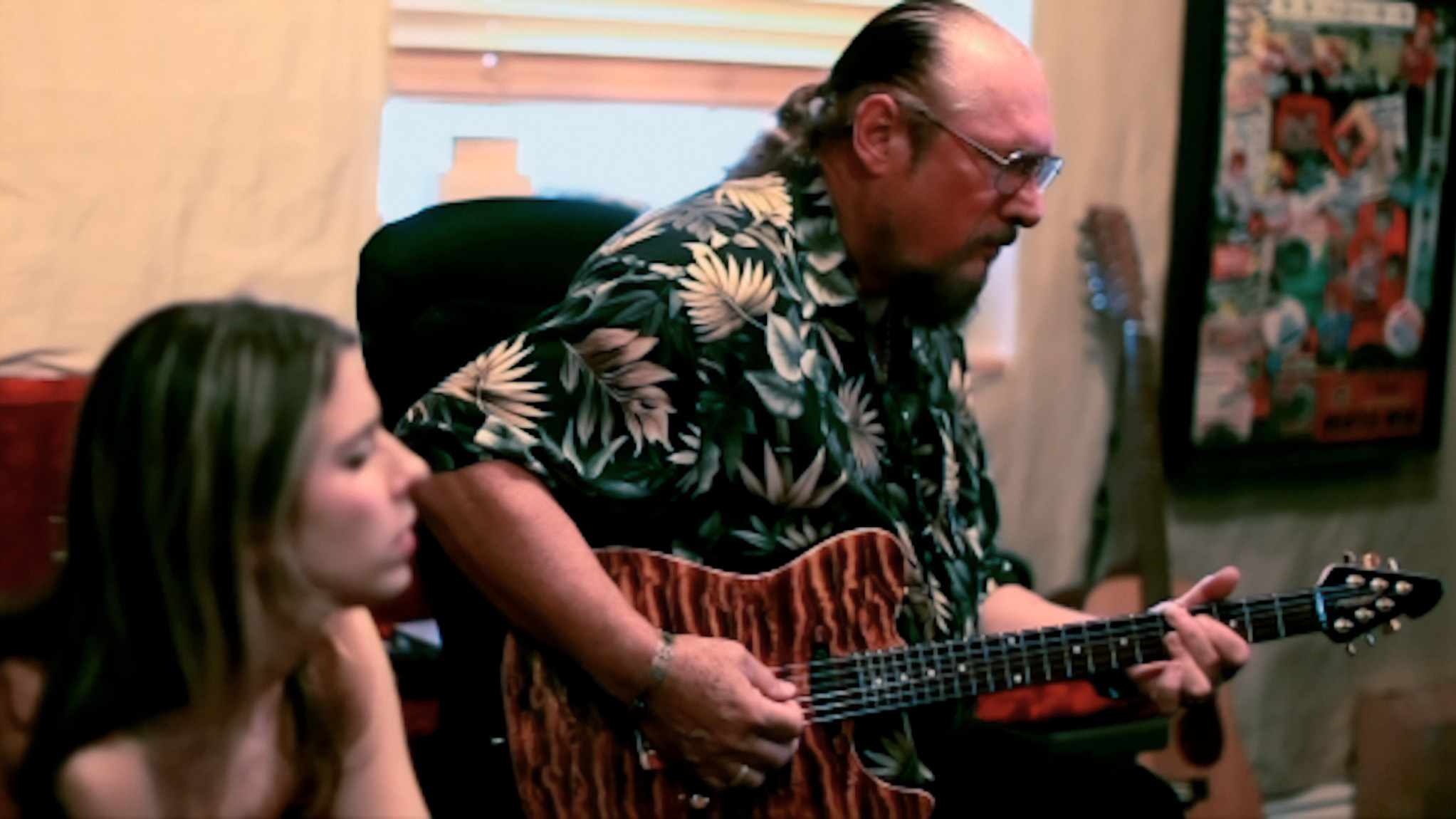Best laptops for music production: portable computers for recording guitar
Our pick of capable machines for tracking guitars, creating demos and more, from brands including Apple, Dell, Microsoft and Asus
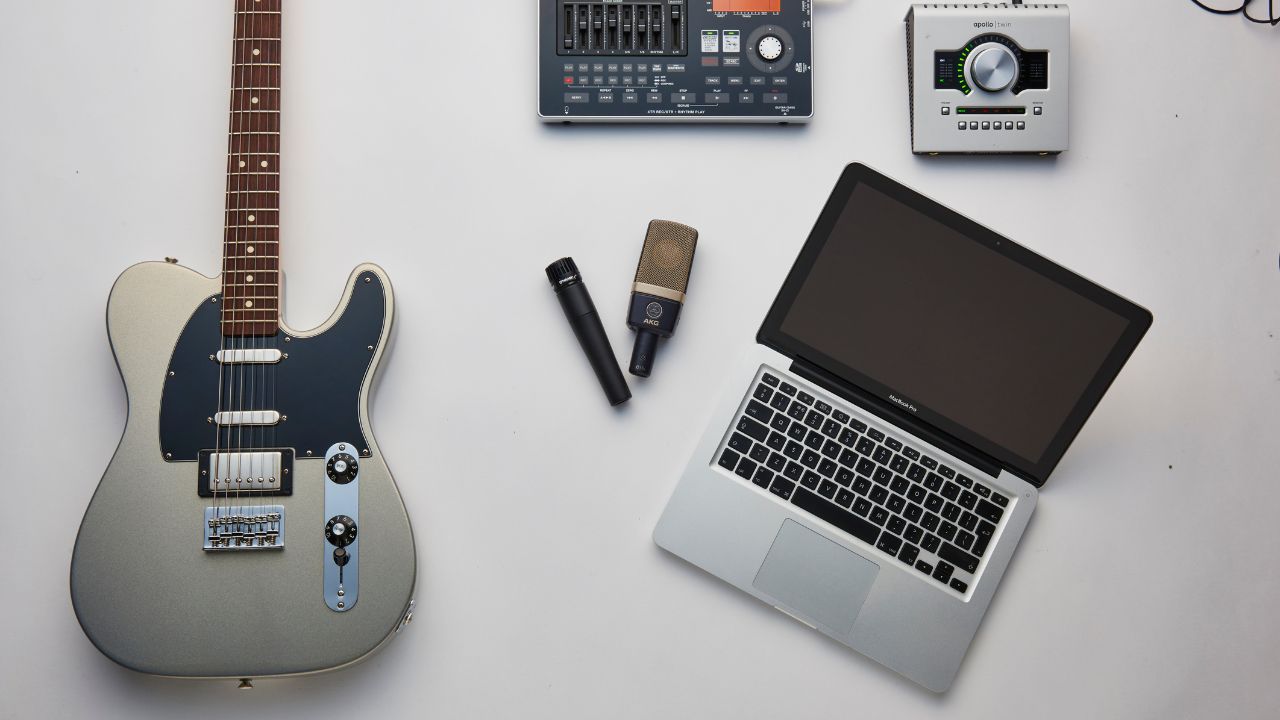
All the latest guitar news, interviews, lessons, reviews, deals and more, direct to your inbox!
You are now subscribed
Your newsletter sign-up was successful
If you're looking to start recording your guitar at home and on the go, you'll need one of the best laptops for music production by your side. Recording great guitars has never been easier and with a good audio interface and laptop in your arsenal, you'll have all the key ingredients for excellent recorded guitar tones.
Before pulling the trigger, you'll need to ensure your chosen machine has enough power. We'd recommend a powerful processor with at least four cores, 16GB of RAM as a minimum, and a good amount of storage space for your DAW, plugins, and recordings. Connectivity should be considered too, as you might want to plug in a peripheral like a MIDI keyboard. Finally, you should also think about the screen you want, as you're likely to be staring at it a lot!
If you want a more in-depth look at laptop specs and what they mean, go have a gander at our FAQs section which breaks everything down for you. To see the very best laptops for recording your guitar, keep on scrolling.
Our top picks
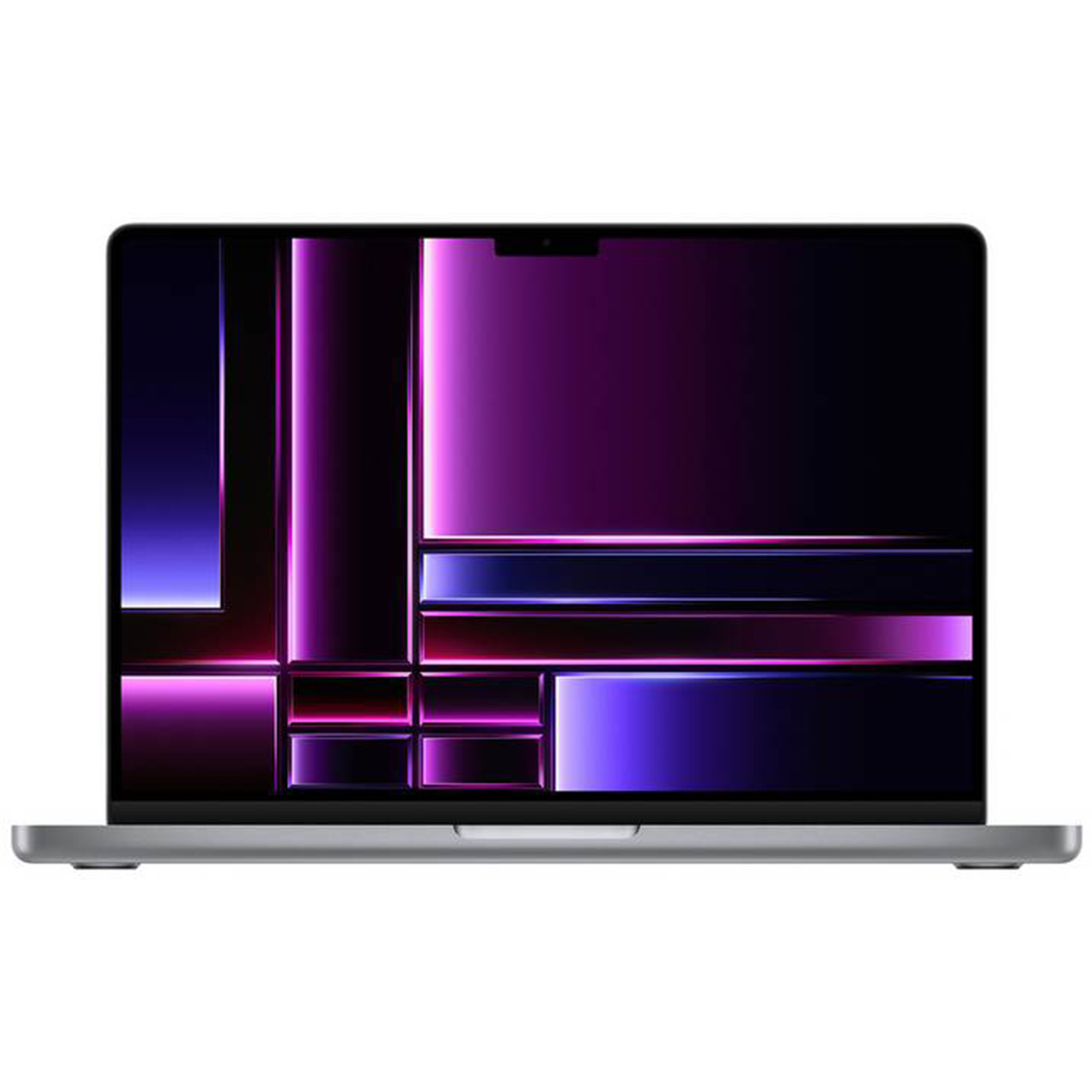
The Apple MacBook Pro is a premium laptop, and one that will stand you in good stead for recording your guitar for years to come. The model we’ve chosen matches a 14” display with 16GB of RAM, an M3 Pro chip and a terabyte of solid-state memory – more than enough to keep up with even the most demanding of multitrack recording sessions.
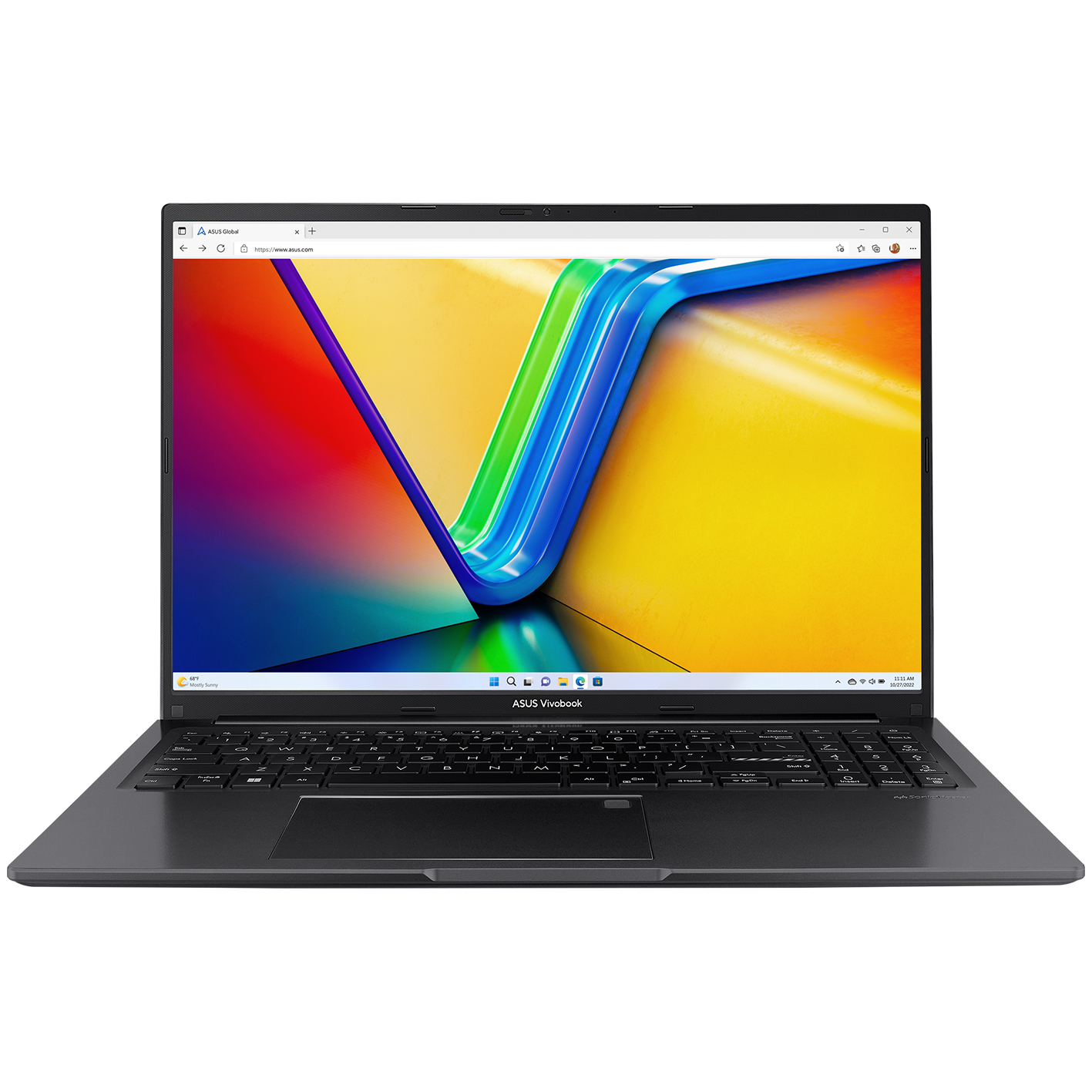
Budget is a relative term when it comes to music production, as you'll need a decent amount of power no matter what you're doing. The Asus Vivobook 16 has plenty of the latter, but also manages to pack in a superb graphics card and genuinely breathtaking display. So, from gaming to video production, it performs brilliantly.
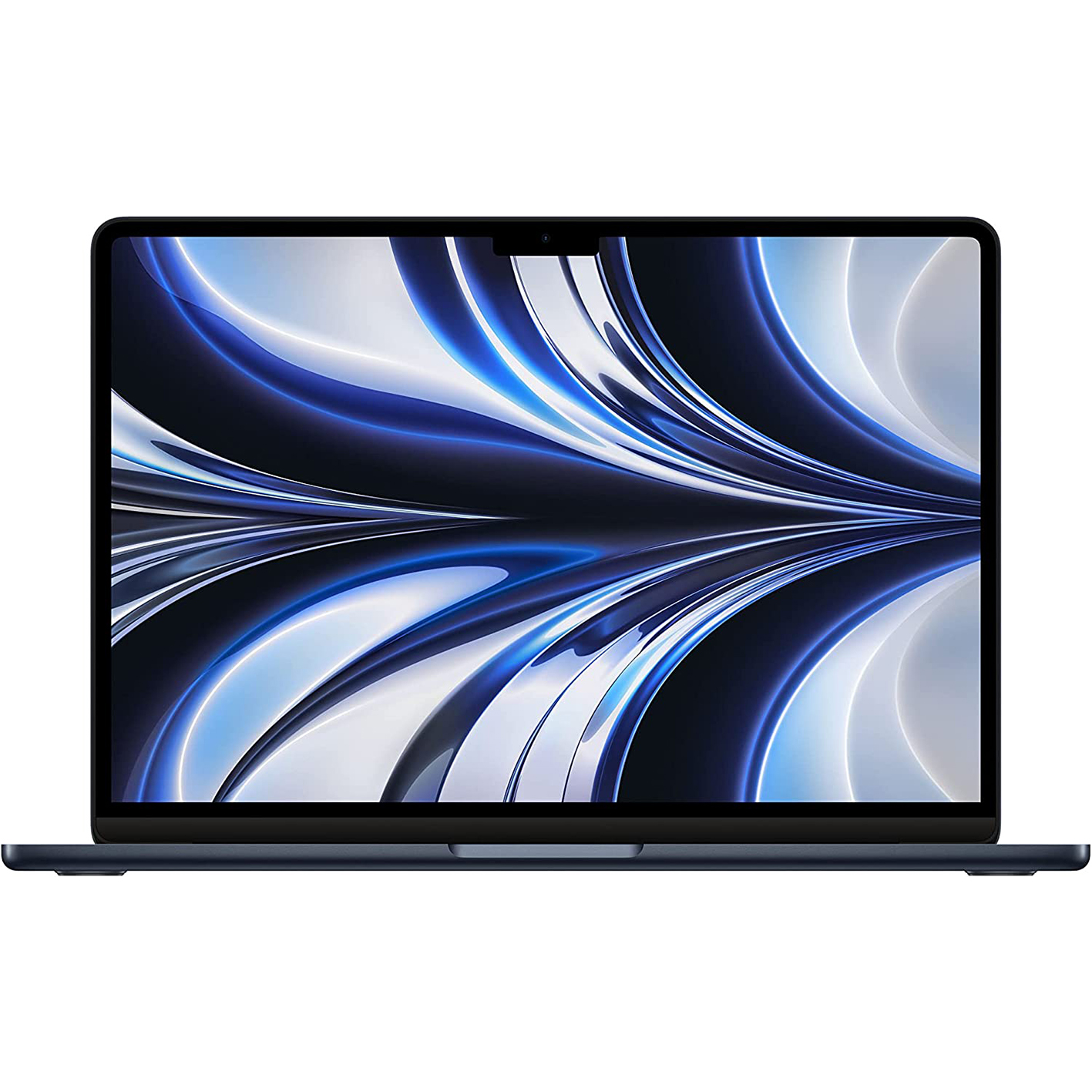
The 2022 Apple MacBook Air is an absolute beast. With the M2 chip powering things, you get frankly bonkers performance from what is essentially still a midrange machine. Things like all-day battery life, near-total silence in operation and enough power to breeze through pretty much anything make for a compelling package.
Best overall
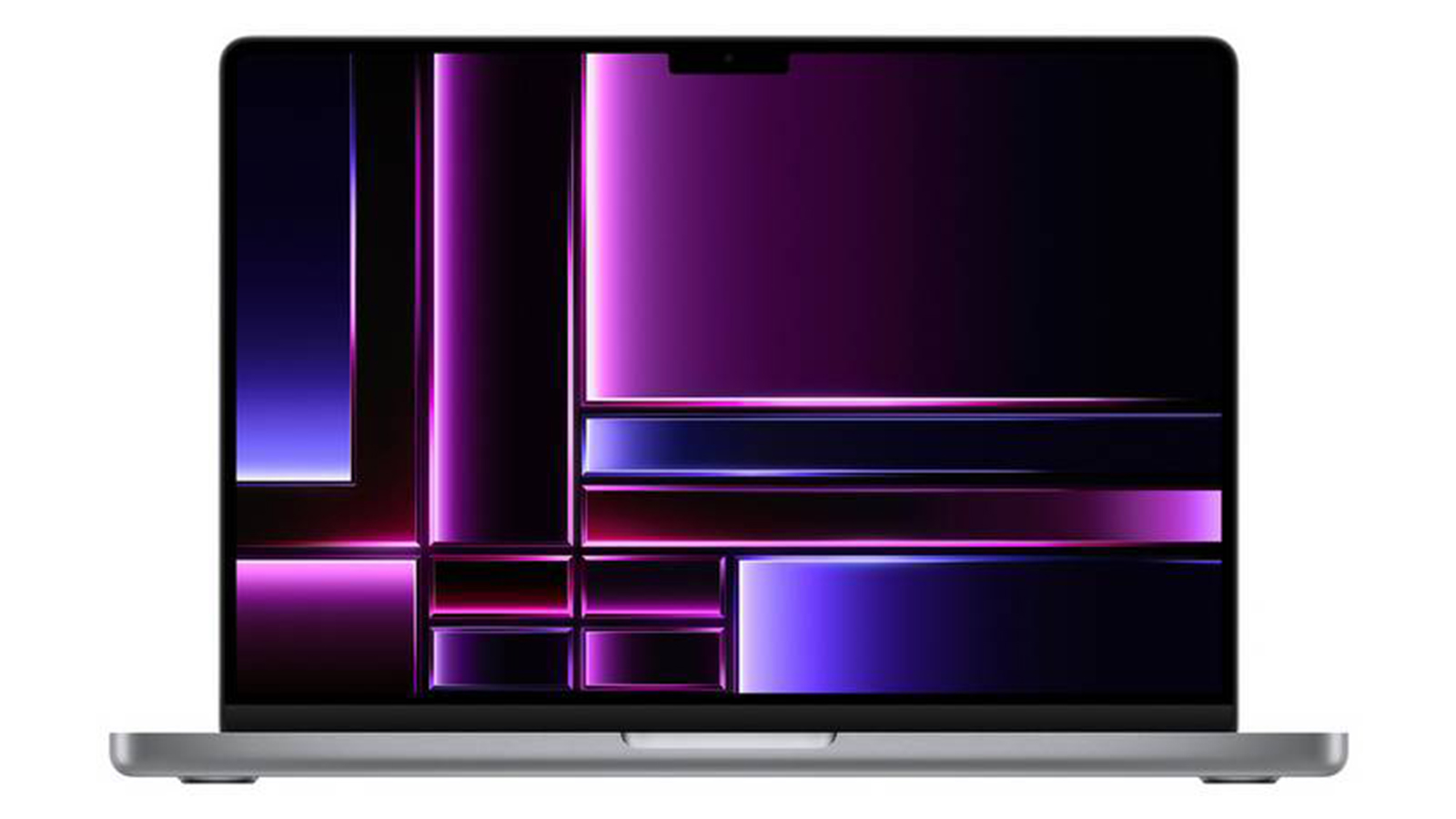
1. Apple MacBook Pro 14” (2023)
Our expert review:
Specifications
Reasons to buy
Reasons to avoid
If you’re a music producer, chances are the prospect of using an Apple MacBook Pro has already been factored into your thoughts. If you can afford it and are open to using MacOS, then the current crop of M3-equipped MacBook Pro models are top-notch and easy to recommend.
It’s not going overboard to say the move to using Apple’s in-house silicone has revolutionized things. New laptops from Apple are faster, quieter, use less energy, and last longer than their Intel-powered predecessors.
The usual grumbles about price and design remain, but the fact is that the Apple MacBook Pro is a premium laptop, and one that will stand you in good stead for recording your guitar for years to come.
The model we’ve chosen matches a 14” display with 16GB of RAM, an M3 Pro chip, and a terabyte of solid-state memory – more than enough to keep up with even the most demanding of multitrack recording sessions.
Best budget
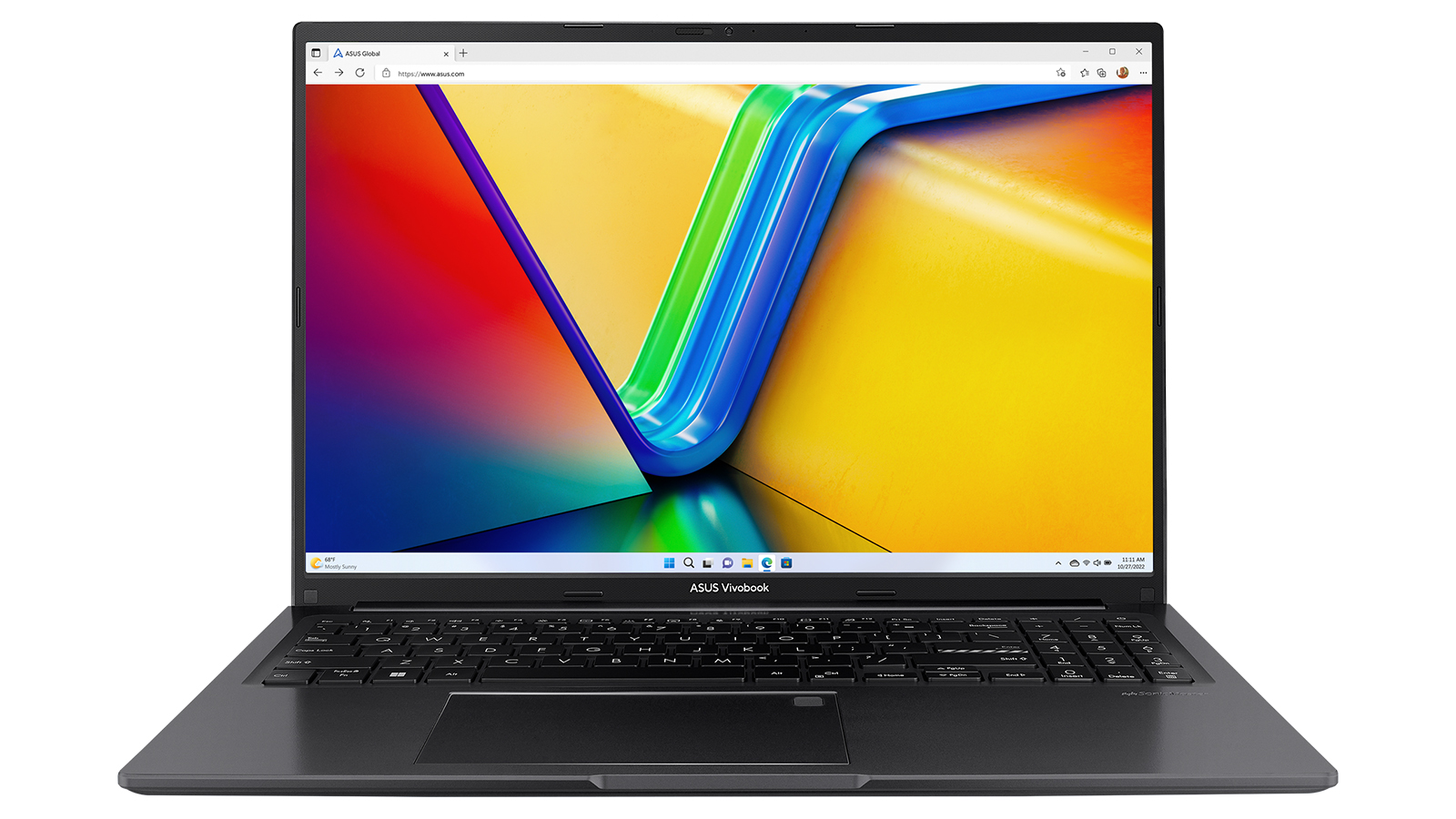
2. Asus Vivobook 16
Our expert review:
Specifications
Reasons to buy
Reasons to avoid
If recording the guitar to a laptop is just one of the creative pursuits you’ll be undertaking, then the Asus Vivobook 16 is a superb option. It boasts similar power and performance to others in the list but comes in a lot cheaper than most.
It also manages to pack in a superb Nvidia RTX 4050 graphics card and a genuinely breathtaking 120hz display. This means everything from gaming to video production - alongside digital audio workstations - looks and performs brilliantly.
As with many modern laptops, we’d have loved to have seen more in the way of USB ports, with just a single USB-B and a couple of USB-C-shaped ports on offer, but that’s why hubs were invented, right?
Best compact
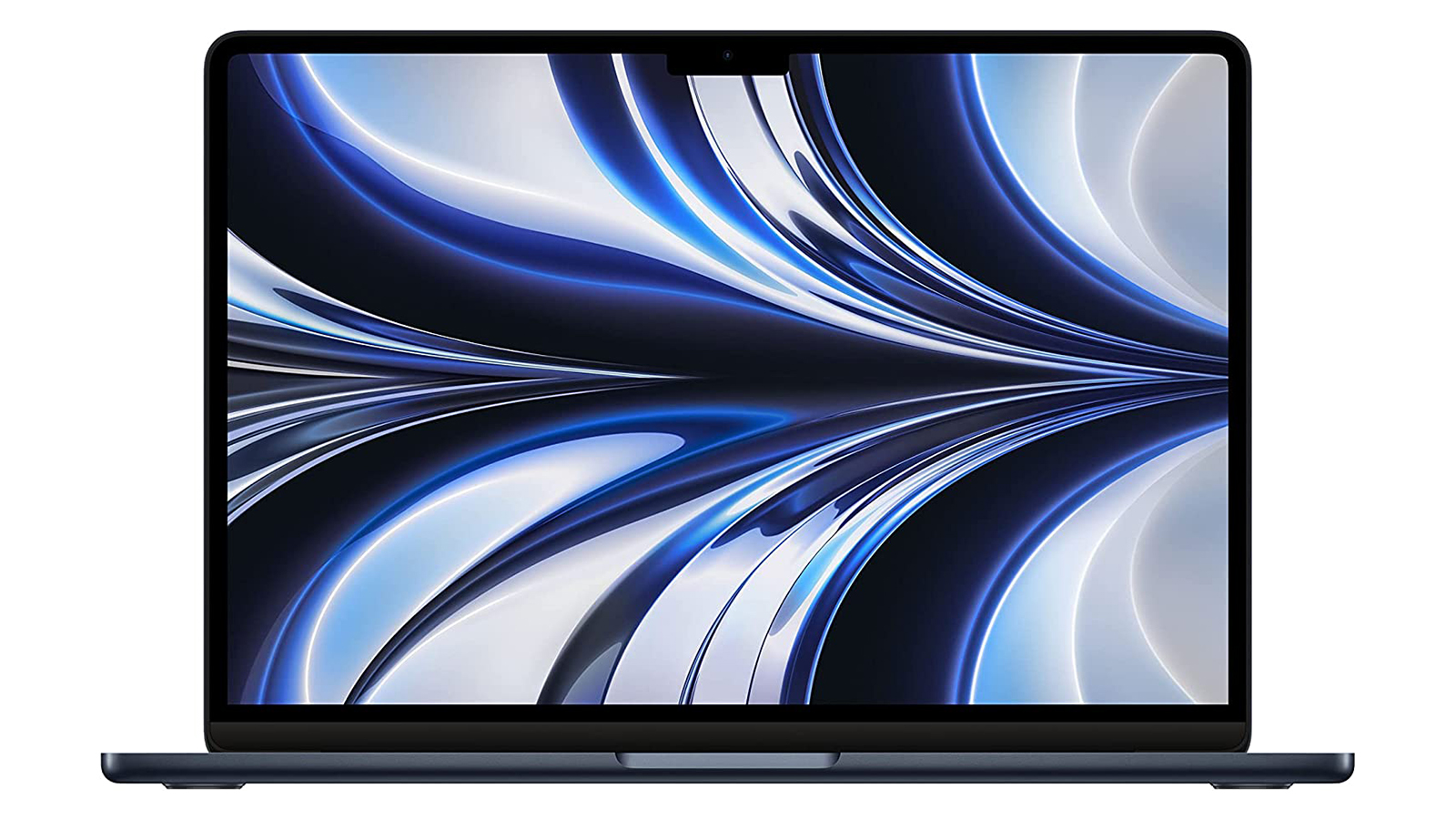
3. Apple MacBook Air
Our expert review:
Specifications
Reasons to buy
Reasons to avoid
If you’re set on Apple as your laptop provider of choice, but don’t have access to the funds required for a MacBook Pro, then fear not. The 2022 Apple MacBook Air is an absolute beast. Trust me, I’ve got one myself. With the M2 chip powering things, you get frankly bonkers performance from what is essentially still a midrange machine.
Things like all-day battery life, near-total silence in operation and enough power to breeze through pretty much anything make for a compelling package. Don’t be put off by the fact it has just 8GB of RAM – the way Apple’s silicone works means it’s more optimized and efficient than in the past, and in a year of use it’s never been an issue for me.
Yes, the fact you only get two USB-C ports (and need one for charging) is annoying, but nowadays we all know our way around an external USB hub. Pound for pound though, this is a sensational machine and well worth your consideration.
Best Windows
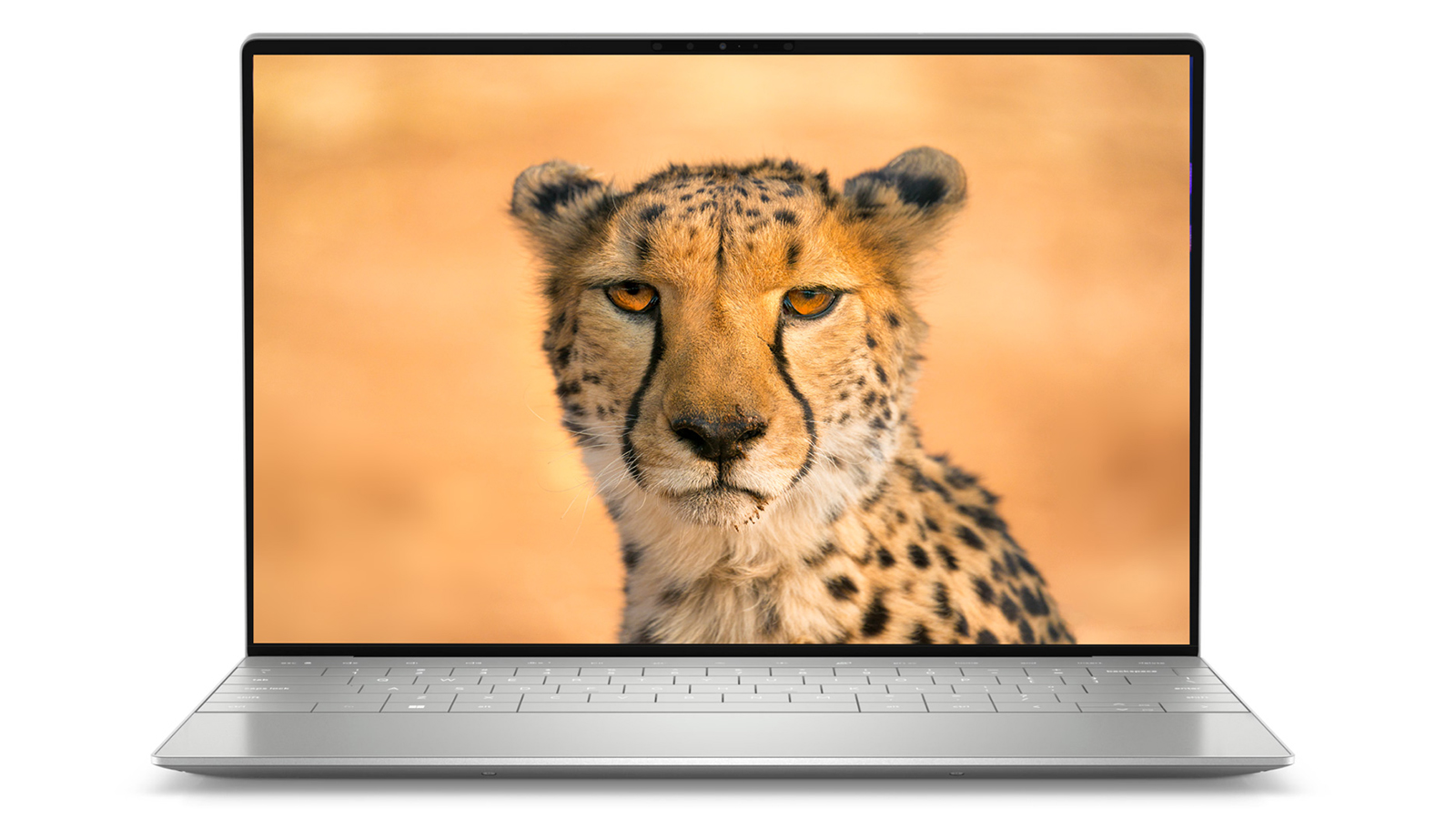
4. Dell XPS 13
Our expert review:
Specifications
Reasons to buy
Reasons to avoid
If you’re dead set on staying away from Apple and its laptops, then the Dell XPS range would be a great alternative for recording guitars. Over time, the XPS range has blossomed into one of the best Windows-based studio options, packing in enough power and performance to justify the relatively premium price tag.
As with many Windows machines, you may need to spend some time removing the bloatware to unlock the true potential of the XPS range, but there’s plenty here to like once you’re up and running.
The display is really nice, and performance-wise it can keep up with the most powerful machines out there. There are a few spec options with the minimum at 16GB RAM, which will be plenty for production. If you can get more, we'd definitely recommend as much RAM as your budget allows.
Best mid-range
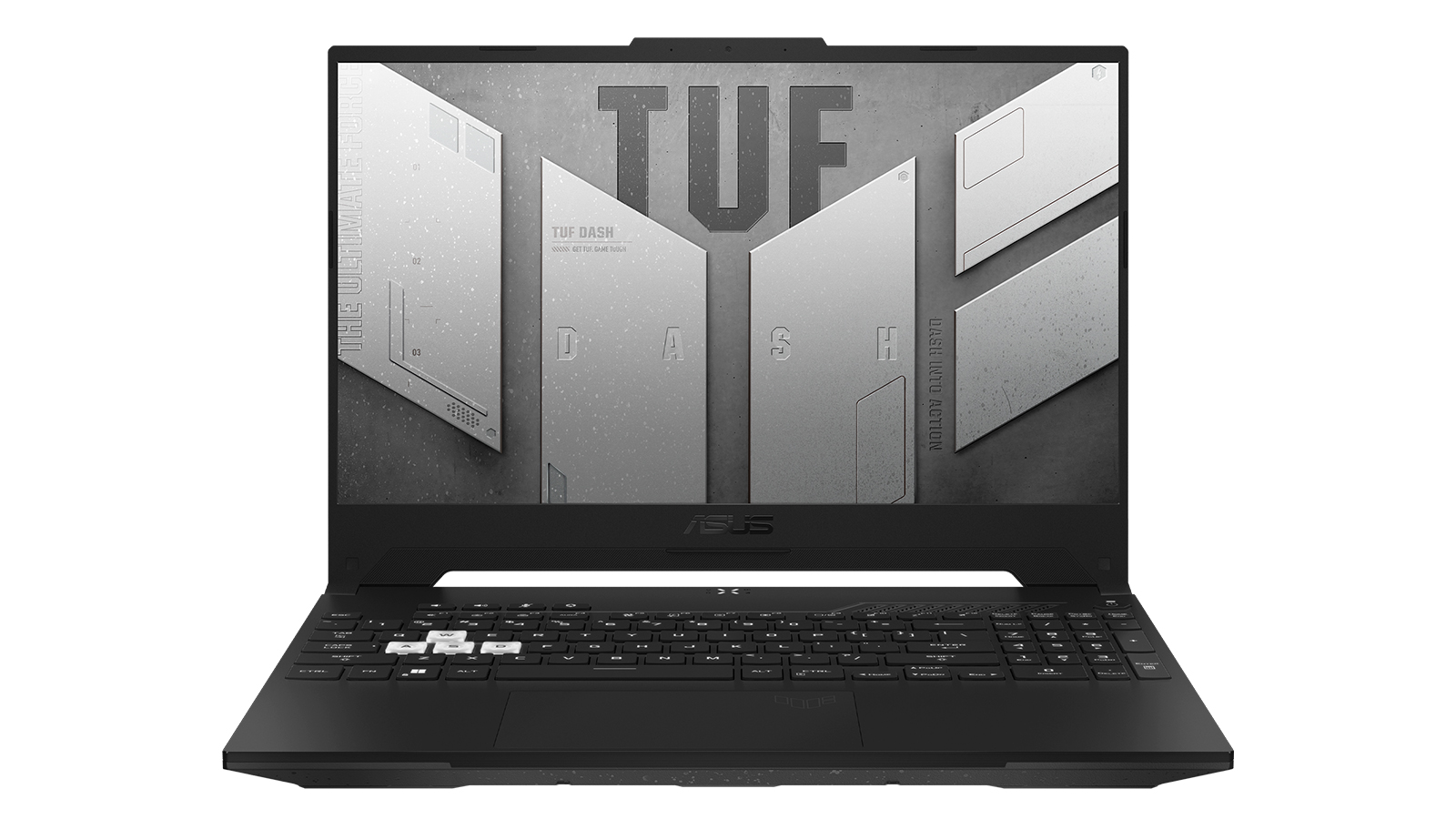
5. Asus TUF F15
Our expert review:
Specifications
Reasons to buy
Reasons to avoid
An ideal place to start when you’re looking for a powerful laptop for recording music is to the world of gaming. While games may have some additional demands, like graphical power, there is a common requirement for a superfast processor and plenty of rapid-access storage.
The Asus TUF 15 certainly looks like a gamers’ laptop, with its stealthy black housing and subtle branding, but underneath the hood lies enough grunt to power even the most extravagant of multitrack recording sessions.
We also loved the way Asus hasn’t skimped on its connectivity, with enough ports to cover your audio interface and a couple of MIDI controllers easily. Some may find the gaming laptop looks a little off-putting, but it's got plenty of power for music creation.
Best for video
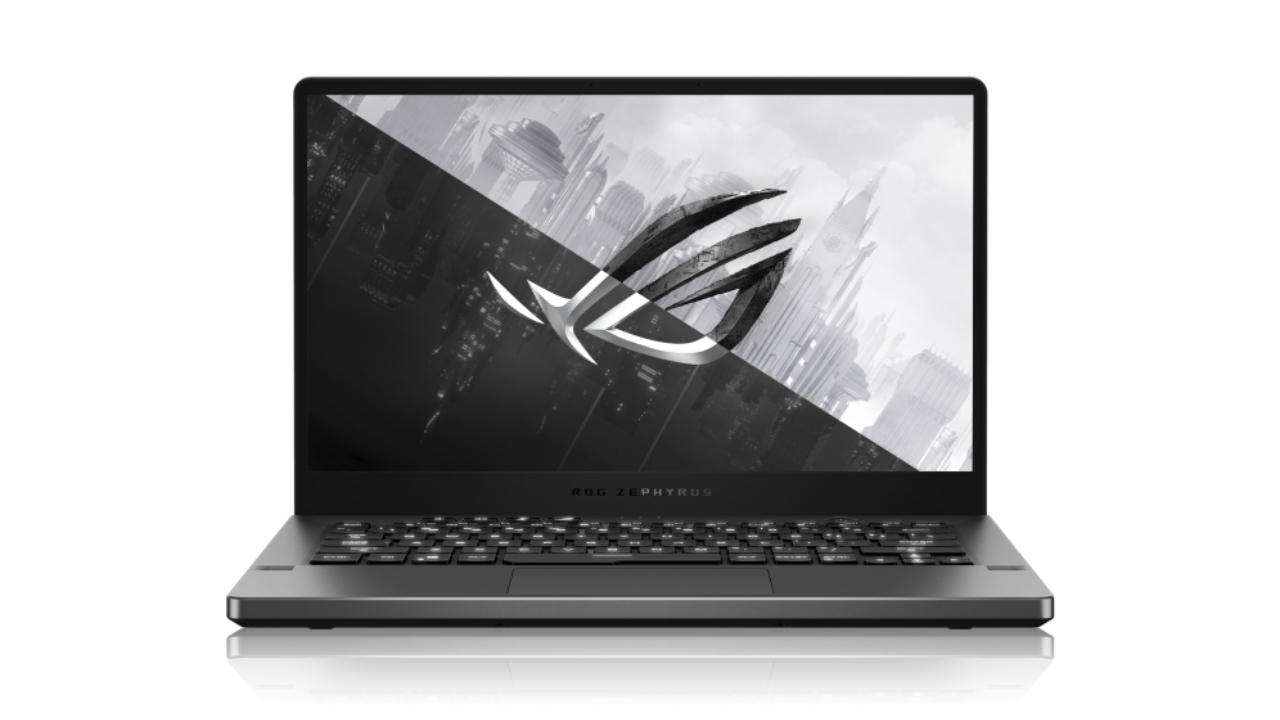
6. ASUS ROG Zephyrus G14
Our expert review:
Specifications
Reasons to buy
Reasons to avoid
If you're looking for a laptop for video editing and music production, we highly recommend the Asus ROG Zephyrus G14. It's a gaming laptop at heart, which makes it perfect for intensive tasks like editing and rendering video, as well as CPU and RAM-intensive music tasks.
It's quite a classy design for a gaming laptop, with none of the garish lid graphics or overzealous use of RGB lighting we've come to expect from this breed of machine. The screen is nice and crisp, and there's plenty of connectivity on offer too.
Performance wise it'll smash the majority of music-making tasks thanks to the powerful Ryzen processor and 16GB of RAM. It's also fantastic at rendering video thanks to the onboard Nvidia graphics chip, and in our real-world testing, we found the battery life to be really good too.
More options
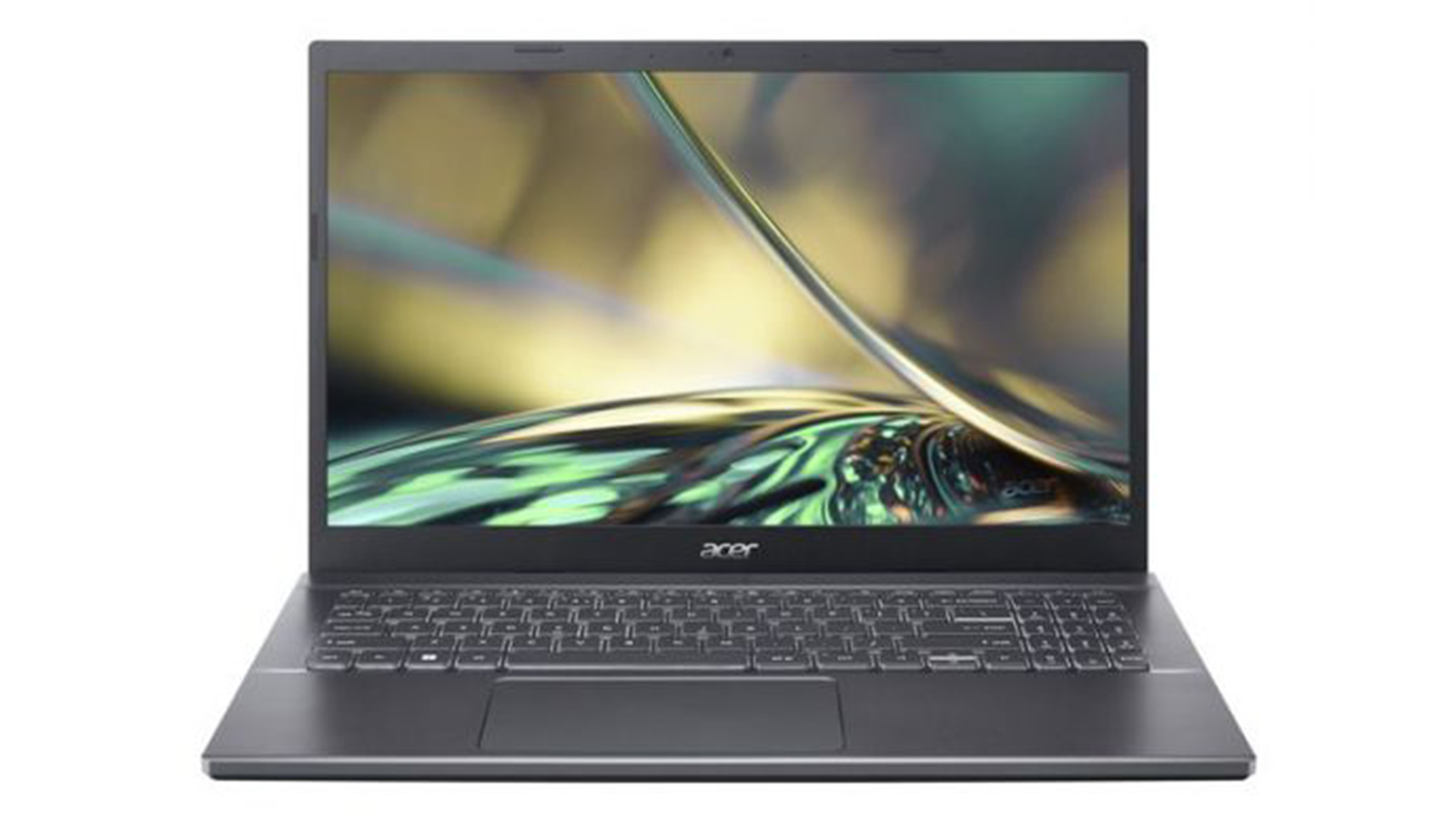
7. Acer Aspire 5
Our expert review:
Specifications
Reasons to buy
Reasons to avoid
If you’re looking more towards the mid-range - in terms of budget - then there’s plenty of value to be found. We liked the Acer Aspire 5, which gives you a range of options when it comes to specs.
We opted for a Ryzen 7 processor, along with 16GB of RAM, and the price came in very sensibly. We also liked the way you can manually upgrade the RAM, up to 32GB, if you do find your laptop is slowing down when you put it under pressure.
It’s not the most attractive laptop in the world, let’s be honest, and the screen is actually pretty poor, but look beyond that and you’re getting a solid workhorse of a laptop for recording guitars, for a very reasonable price indeed.
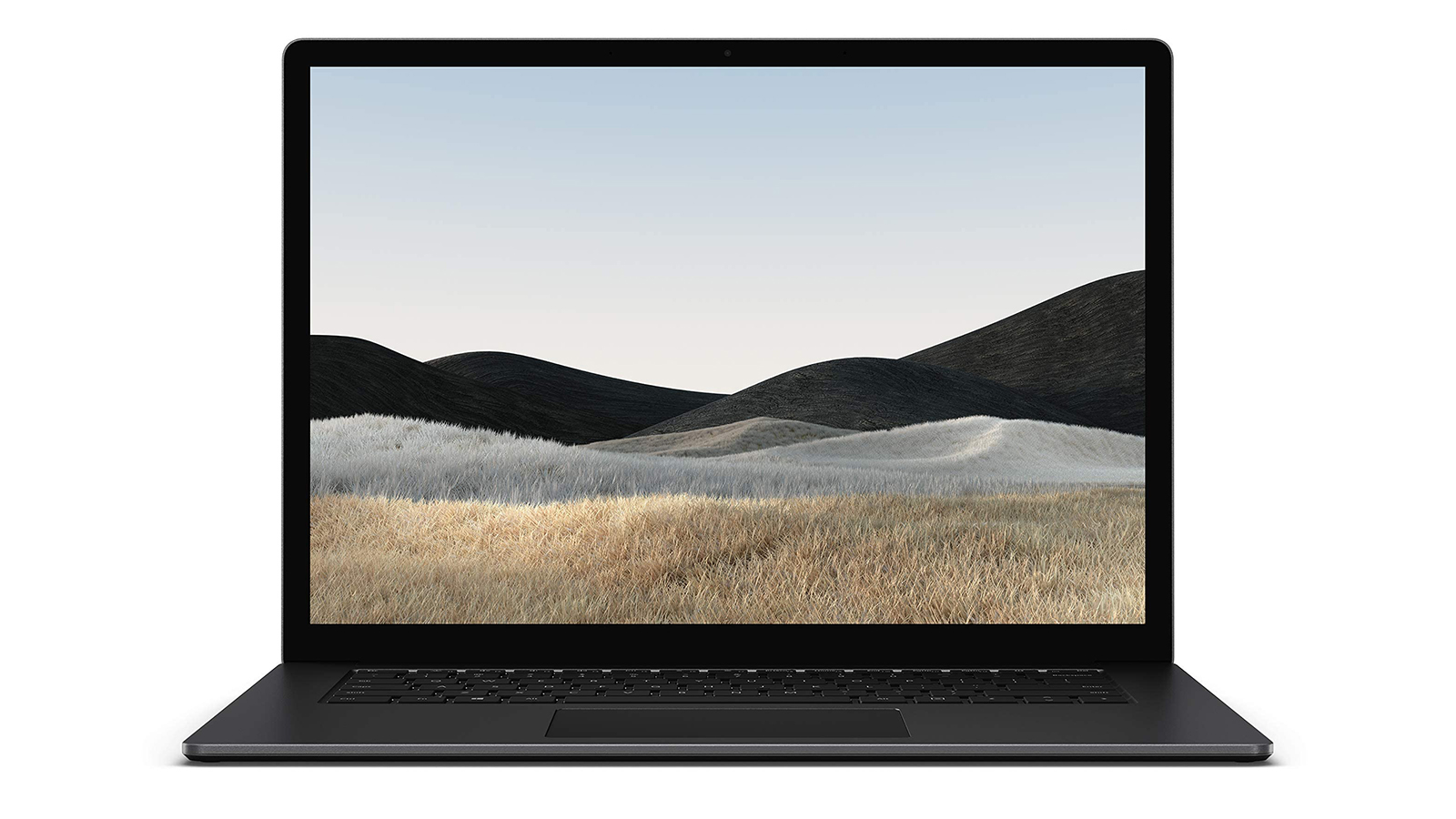
8. Microsoft Surface Laptop 4
Our expert review:
Specifications
Reasons to buy
Reasons to avoid
We’d heard for years how Apple’s dominance in the creative sector was due, in part, to the fact its hardware and software were created together, meaning they were optimized to within an inch of their lives and could offer users better performance than the competition.
With the launch of the Surface range, Microsoft wanted to join the party and, in the Microsoft Surface Laptop 4, they might just have cracked it. The new Surface Laptop 4 looks like a million dollars, with its Alcantara leather-covered front, but underneath you get the type of performance you’d expect for creative activities like recording the guitar.
It’s expensive, sure, but with the Surface Laptop now being on its fourth iteration, it’s fair to say Microsoft has got things right here.
FAQs
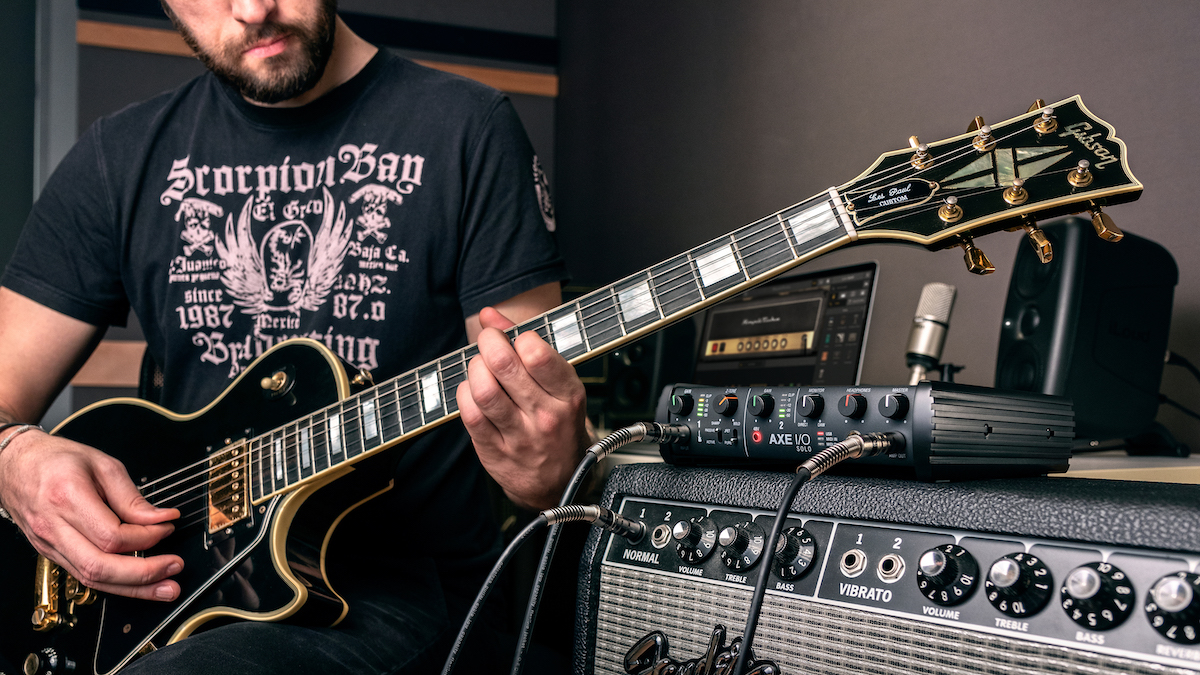
How to choose the best music production laptop for you
You can trust Guitar World
When it comes to choosing a laptop for recording guitars, there are several crucial aspects to consider. Things like the laptop's processing power, memory capacity, storage options, connectivity, audio capabilities, display quality, portability, battery life, operating system, build quality, and, naturally, your budget. With so many variables, we can see why people might find it difficult to know what counts as a priority.
What are the key laptop features I need for recording guitar?
For recording guitars though, one of the most critical elements to evaluate is the processing power of the laptop. When recording and producing music, you need a machine that can handle audio processing, effects, and virtual instruments with ease, and to achieve this, you’re going to need a laptop equipped with a meaty processor. A quad-core or better CPU from Intel, such as an i7, or from AMD, like a Ryzen 7 or higher, is what we’d recommend.
These processors provide the necessary computing power to run your digital audio workstation (DAW) and various plugins without performance bottlenecks. If you’re opting to go down the Apple route, then stick to the newer M-series processor-equipped laptops (now up to M3), which are incredible for musical pursuits, especially now migration issues moving software from Intel to Apple CPUs seem to have been overcome.
Memory (RAM) is another fundamental consideration. Music production software and virtual instruments demand substantial memory to work efficiently. While 8GB of RAM is the bare minimum we’d advise, it's preferable to aim for 16GB or more, especially if you intend to work with large audio projects, virtual instruments, and effects plugins. Having ample RAM ensures your laptop can handle multiple tracks, complex arrangements, and real-time audio processing without slowdowns.
When it comes to ‘regular’ storage, we’d point you towards a laptop with a Solid State Drive (SSD) instead of a Hard Disk Drive (HDD). SSDs offer faster data access, which significantly enhances overall system performance. Having at least 256GB of SSD storage is a good starting point, but larger options are preferable, particularly if you plan to store extensive music projects, sample libraries, and various audio files.
Connectivity is a crucial factor in music production. Your laptop should provide the necessary connectivity ports for multiple USB devices like MIDI controllers and audio interfaces. These also tie into the next point, which is portability. By opting for a laptop over a desktop computer, you’re building in the potential to record away from a studio environment, and in these situations a lightweight and compact laptop is more convenient, making it easier to transport and record on the fly. Naturally, you’ll want to check out a potential laptop’s battery life if you intend to use your machine for field recordings or in places without easy access to power outlets. A longer battery life will allow you to work on your music without worrying about running out of power, naturally.
In conclusion, selecting the right laptop for recording guitars is a critical decision that can significantly impact your music production experience. By considering the factors mentioned above, you can find a laptop that suits your needs and budget while ensuring that your recordings and musical projects are of the highest quality.
How we choose the laptops for this guide
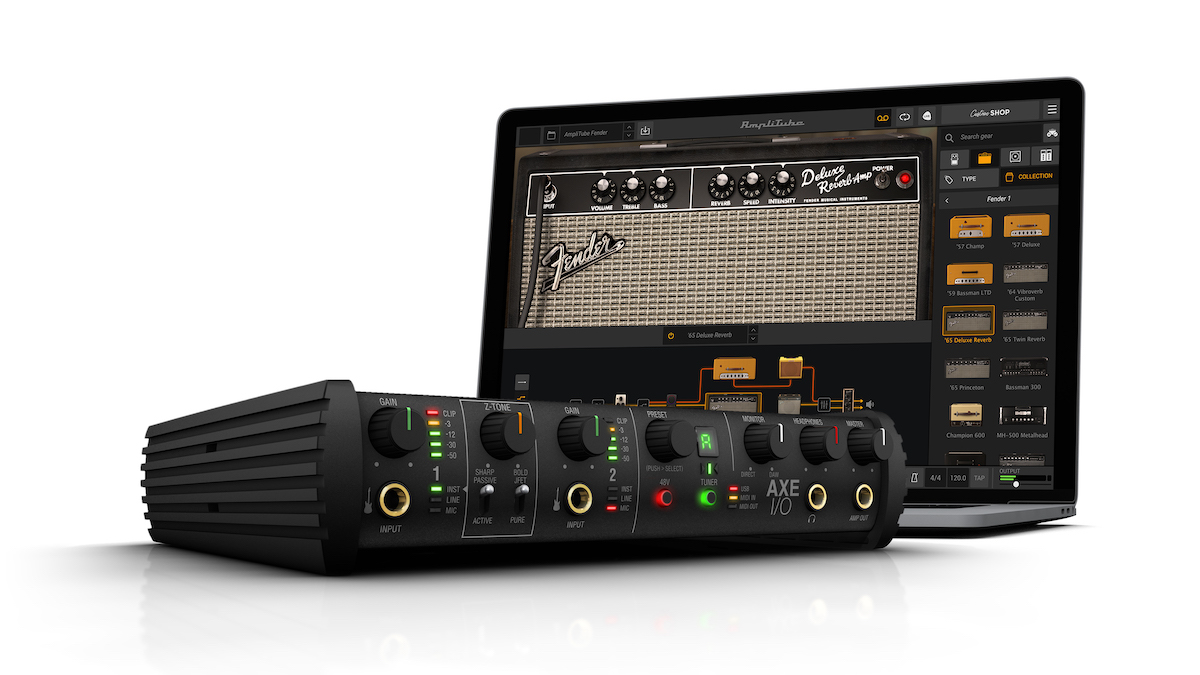
Here at Guitar World, we are experts in our field, with many years of playing, creating and product testing between us. We live and breathe everything guitar gear related, and we draw on this knowledge and experience of using products in live, recording and rehearsal scenarios when selecting the products for our guides.
When choosing what we believe to be the best laptops for music production available right now, we combine our hands-on experience, user reviews and testimonies and engage in lengthy discussions with our editorial colleagues to reach a consensus about the top products in any given category.
First and foremost, we are guitarists, and we want other players to find the right product for them. So we take into careful consideration everything from budget to feature set, ease of use and durability to come up with a list of what we can safely say are the best laptops for music production on the market right now.
Find out more about how we make our recommendations, how we test each of the products in our buyer's guides and our review policy.
Related buyer's guides
- Best microphones for recording acoustic and electric guitar
- Best guitar VSTs: top plugins for guitarists
- Best amp simulators: lose the amp, keep the tone
- Best guitar amps for recording: five home studio companions
All the latest guitar news, interviews, lessons, reviews, deals and more, direct to your inbox!
Chris Corfield is a journalist with over 12 years of experience writing for some of the music world's biggest brands including Orange Amplification, MusicRadar, Guitar World, Total Guitar and Dawsons Music. Chris loves getting nerdy about everything from guitar gear and synths, to microphones and music production hardware.
- Matt McCrackenJunior Deals Writer

